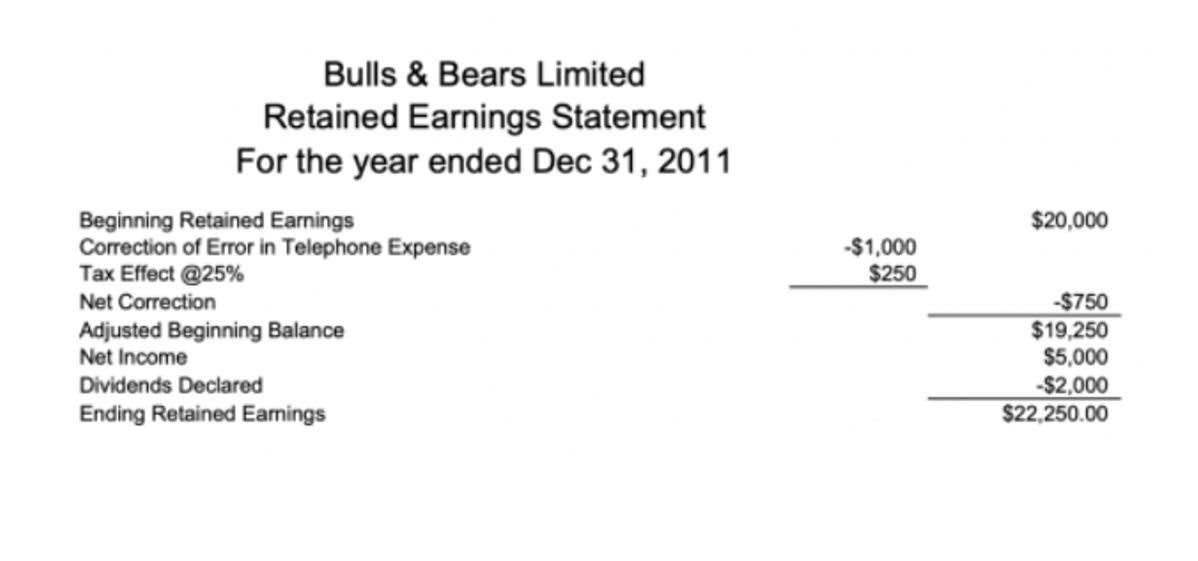
Below should be the entry to record the earned revenue on February 29, 2024. This will reduce unearned revenue to zero for this cash advance transaction since services were already fully rendered at this time. This entry still has the same result as in the https://www.bookstime.com/ case where you posted a reversing entry since it still recognizes $2,000 rent income for 2023. Using a reversing entry would simplify the work of the data entry personnel who doesn’t need to consider the impact of any previously-posted adjusting entry.
Accounting Reversing Entries
At the end of the accounting period, some expenses may have been incurred but not yet recorded in the journals. After posting the entry, your rent income account should now show a credit balance of $2,000 which is the net effect of debiting it for $1,000 and then crediting it for $3,000. You have recognized a total of $3,000 for this transaction, with $1,000 recorded on 2022 while the remaining $2,000 being recorded in 2023 upon collection. Preparing the reversing entries is the last step in the accounting cycle of the business. The Accounting Cycle refers to the steps that a company takes to prepare its financial statements.
Reversing Accrued Income
- A business document (such as sales invoice, official receipt, etc.) provides evidence that a particular transaction happened, and serves as basis in recording the transaction.
- One downside is how easy it is to forget about reversing entries at the beginning of the month.
- Reversing entries are optional accounting journal entries that are made at the beginning of an accounting period, to cancel adjusting entries which were made at the end of the previous accounting period.
- The adjusting entry in 20X3 to record $2,000 of accrued salaries is the same.
- He has been a manager and an auditor with Deloitte, a big 4 accountancy firm, and holds a degree from Loughborough University.
- The reversing entry typically occurs at the beginning of an accounting period.
The payroll accrual is $1,500, which accounts for three days of wages for two employees ($250 per workday x 2 employees x 3 days). On Sept. 30, Timothy records a payroll accrual to reflect wages owed but not paid for Monday, Tuesday, and Wednesday. On March 31, you recorded a $2,000 revenue journal entry for a client whose work you completed but haven’t yet billed.

Cash Flow Statement
- After everything is closed and the old year is done, accountants sometimes perform one more step that could be called the beginning of the next accounting cycle as easily as it could be called the end of the old.
- Also known as Books of Final Entry, the ledger is a collection of accounts and shows the changes made to each account from past transactions recorded.
- Most often, the entries reverse accrued revenues or expenses for the previous period.
- Similar to prepaid expenses, there are also two methods for recording deferred income, also called unearned income.
- Reversing entries negate revenue and expense accruals, making it easy to record transactions without having to look back at what someone else has already recorded.
- Notice also that in the reversing entry at the beginning of the period, Interest Income was already debited for $1,000.
When the remaining $30,000 insurance expires on June 30, 2024, no adjusting entry is necessary since the amount was already recognized as expense when we recorded we posted the reversing entry on January 1, 2024. For example, if the utilities for each month are paid at the beginning of the next month, you would have used the utilities as of December 31, but you won’t have to pay for them until the next year. The matching principle states that we should recognize the expenses when they are incurred and match them to the revenues they help generate. In this case, the utilities expense should be recorded in December even if it is not paid until January. This expense is accrued by debiting utilities expense and crediting the accrued utilities account. In the next accounting period the business now has two options, either leave the adjusting entry as it is, or to make a reversing entry.
Accounting cycle:The 9-step accounting process
- Reversing entries can help you manage your accounting records more efficiently.
- To illustrate accrued income and how to reverse it, let’s assume that you rent out apartment spaces for $1,000 per month.
- Below we’ll discuss how to record reversing entries and which method it could be applied.
- Double Entry Bookkeeping is here to provide you with free online information to help you learn and understand bookkeeping and introductory accounting.
- You now create the following reversing entry at the beginning of the February accounting period.
The purpose of reversing entries is always to simplify the bookkeeping process, for that reason not all adjusting entries should be reversed. For example, it serves no useful purpose to reverse the depreciation adjusting entry from the previous period, only to reinstate it at the end of the current period. First, you record an adjusting entry at the end of the month for wages owed but not yet paid. You record a reversing entry on the first of the new month, clearing the way for the payroll journal entry on payday. reversing entries are optional accounting procedures which may sometimes prove useful in simplifying record keeping. A reversing entry is a journal entry to “undo” an adjusting entry.
- The interest payable account carried a credit balance of $50 over to the new period, and this balance became zero when the October 1 reversing entry was posted.
- Reversing entries are passed at the beginning of an accounting period as an optional step of accounting cycle to cancel the effect of previous period adjusting entries involving future payments or receipts of cash.
- In month 2 wages of 4,000, which includes the 1,500 from month 1, are paid, and the following journal has to be made.
- When the accounts are already up-to-date and equality between the debits and credits have been tested, the financial statements can now be prepared.
- This entry still has the same result as in the case where you posted a reversing entry since it still recognizes $2,000 rent income for 2023.
- Interest was accrued during the months of November and December on loan of $100,000 obtained on Nov 1, 20X2.


Sin comentario